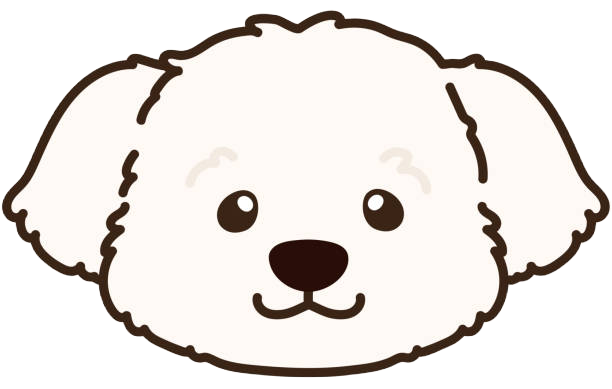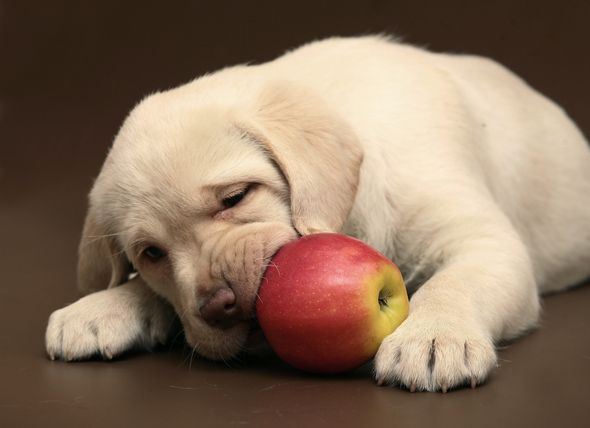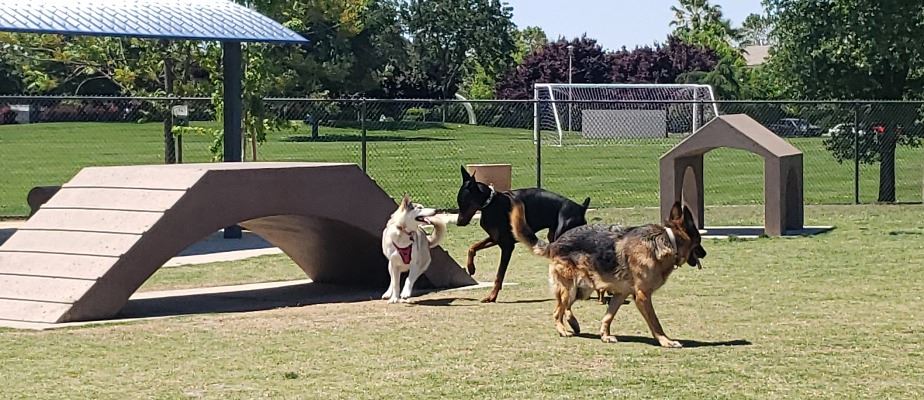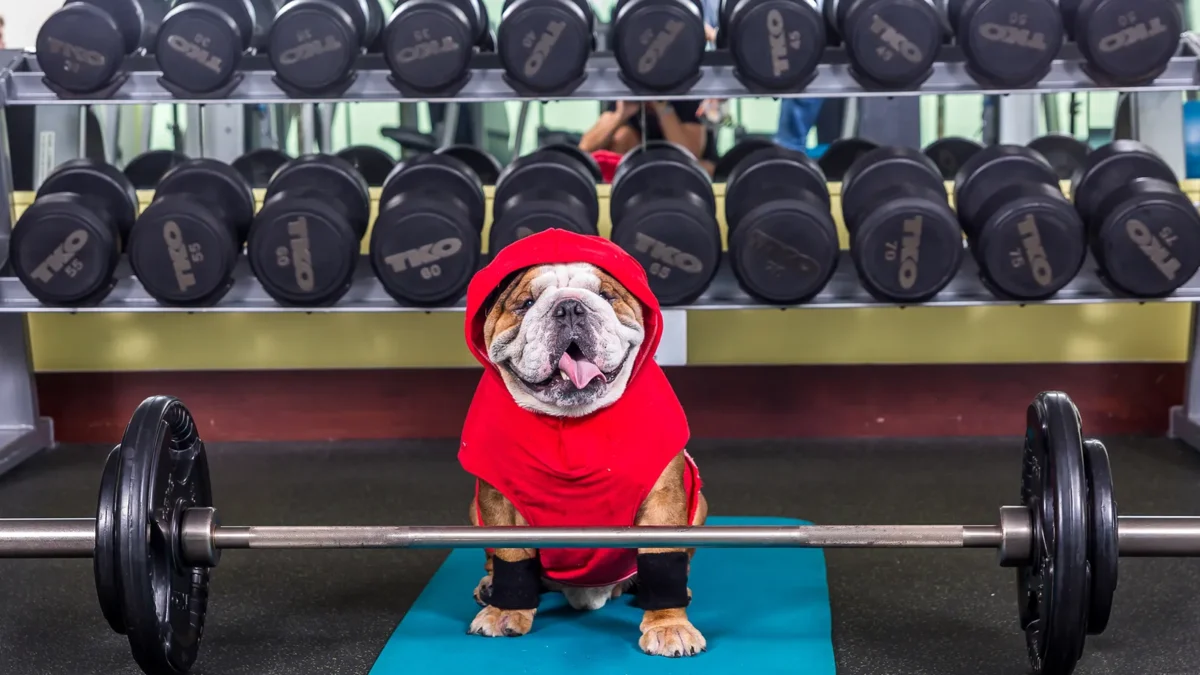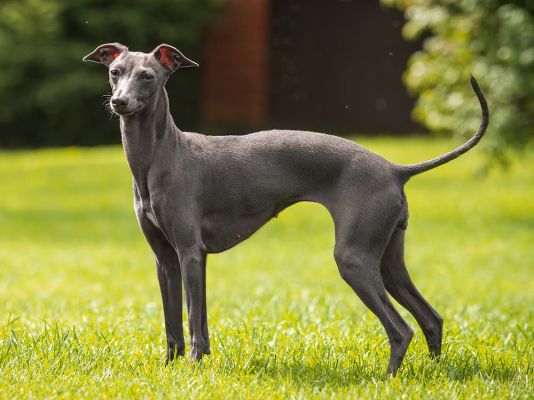Best Dog Food For Small Dogs: Can My Dog Have Too Much Protein?
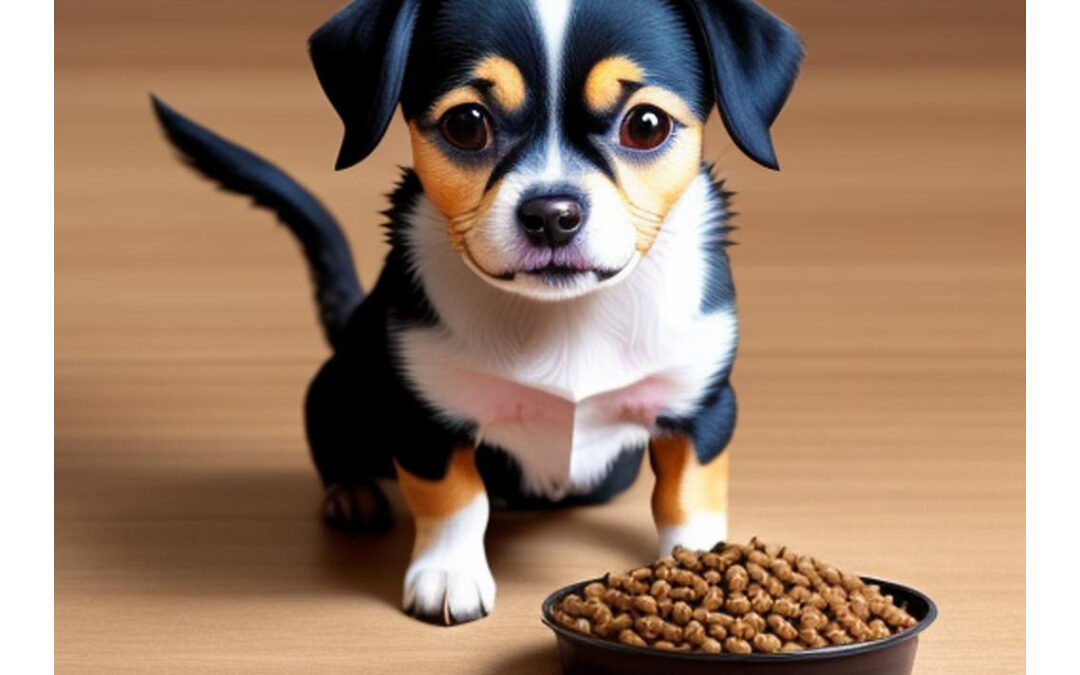
When it comes to choosing the best brands for small dog food, it’s essential to look for options that provide high-quality ingredients, balanced nutrition, and cater specifically to the needs of small breeds. While individual preferences may vary, here are some popular and highly regarded brands known for their small dog food offerings:
-
Royal Canin: Royal Canin offers a range of breed-specific and size-specific formulas, including options tailored to small dog breeds. Their formulas are designed to support the unique nutritional needs and digestive sensitivities of small dogs.
-
Blue Buffalo: Blue Buffalo provides a variety of small breed formulas that feature real meat as the primary ingredient, along with wholesome fruits, vegetables, and whole grains. Their recipes aim to promote optimal health and support the overall well-being of small dogs.
-
Wellness: Wellness offers a range of small breed dog food options formulated with premium, natural ingredients. Their recipes are free from artificial additives and fillers, and they strive to provide balanced nutrition to meet the needs of small dogs.
-
Merrick: Merrick offers grain-free and limited ingredient options for small dog breeds. Their recipes focus on high-quality proteins and beneficial ingredients to support healthy digestion and overall wellness.
-
Nutro: Nutro produces small breed dog food formulas made with non-GMO ingredients and no artificial colors, flavors, or preservatives. Their recipes aim to provide balanced nutrition and support healthy skin, coat, and digestion.
-
Orijen: Orijen is known for its biologically appropriate pet foods that prioritize fresh, regional ingredients. They offer small breed formulas packed with high-quality proteins and a variety of fruits and vegetables for optimal nutrition.
When it comes to choosing the best dog food for small dogs, it’s important to consider their specific nutritional needs, size, age, and any existing health conditions. Choosing a great brand for your dog while also keeping your personal individual preferences may be tough. No matter what brand you end up selecting, it’s key to choose your dog’s food based off of these following factors:
-
Size-appropriate kibble: Small breed dogs typically have smaller mouths and jaws, so look for dog food with smaller kibble size to make it easier for them to chew and digest.
-
High-quality protein: Opt for dog food that lists a high-quality source of protein, such as chicken, turkey, fish, or lamb, as the main ingredient. Protein is essential for muscle development and overall health.
-
Balanced nutrition: Ensure that the dog food provides a well-balanced blend of protein, fats, carbohydrates, vitamins, and minerals to meet your small dog’s nutritional requirements. Look for formulas specifically formulated for small breeds or “all life stages.”
-
Calorie density: Small dogs have higher metabolic rates and may require more calories per pound of body weight compared to larger dogs. Choose a dog food that is calorie-dense to provide them with the energy they need without overfeeding.
-
Nutritional additives: Some dog foods include additional beneficial ingredients like omega-3 fatty acids for healthy skin and coat, glucosamine and chondroitin for joint health, and antioxidants for overall well-being. These additives can be beneficial for small dogs, especially as they age.
-
Consider special dietary needs: If your small dog has any specific dietary requirements or sensitivities, such as grain allergies or digestive issues, you may need to choose a dog food that caters to those needs, such as grain-free or limited ingredient formulas. This one is very important especially for small
-
Digestive Issues: Dogs may experience digestive upset, such as diarrhea or vomiting, if they consume an excessive amount of protein. This can be particularly true if the dog is not accustomed to a high-protein diet.
-
Dehydration: High-protein diets can be dehydrating for dogs. The body requires water to metabolize protein effectively, and if the dog doesn’t consume an adequate amount of water, it can strain the kidneys and potentially lead to dehydration.
-
Kidney Strain: Dogs with pre-existing kidney issues or breeds predisposed to renal problems may face additional strain on their kidneys if they consume excessive protein. The kidneys are responsible for filtering waste products generated during protein metabolism. An overload of protein can put extra stress on the kidneys and potentially worsen existing kidney conditions.
-
Weight Gain: Protein is calorie-dense, and excessive protein intake can lead to weight gain if the dog consumes more calories than it burns. This is especially true if the dog’s overall calorie intake exceeds its energy needs. Some days Koko is a little lazy, and with her extra protein intake she gained more weight than what should be considered normal for her breed and size. To remedy this problem we cut out extra protein for her treats, and mixed meals. We switched to cooked carrots because they are soft, provide low-calories, and are very nutritious.
